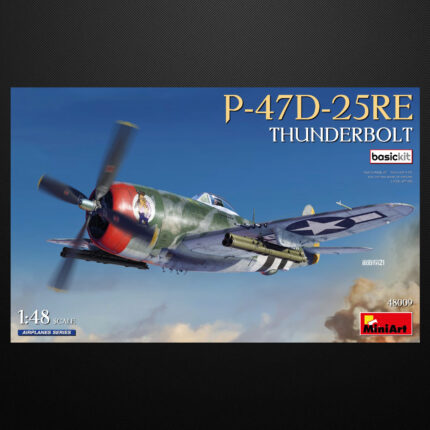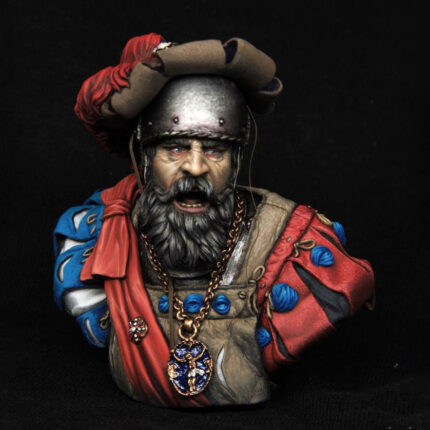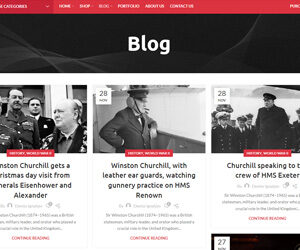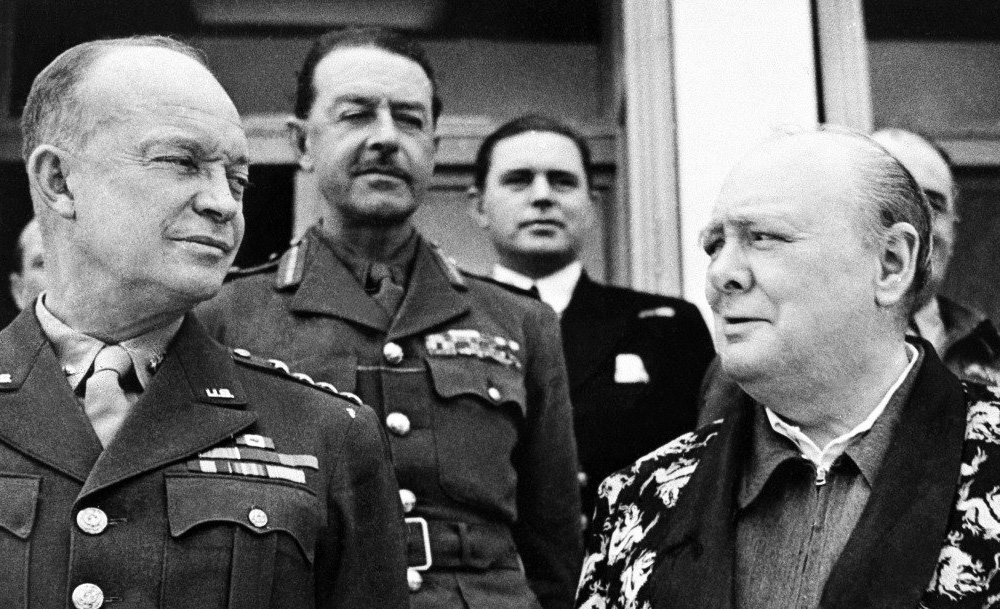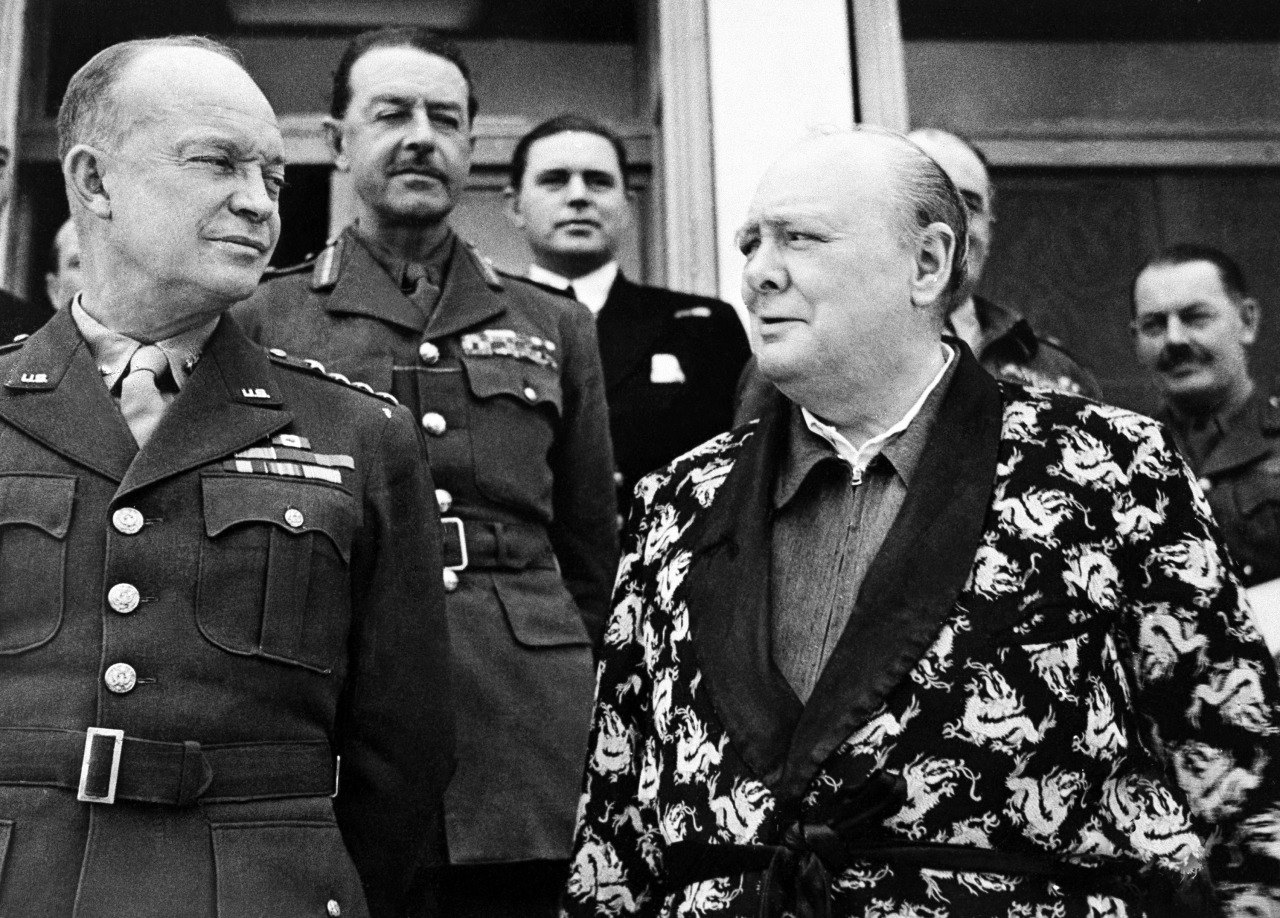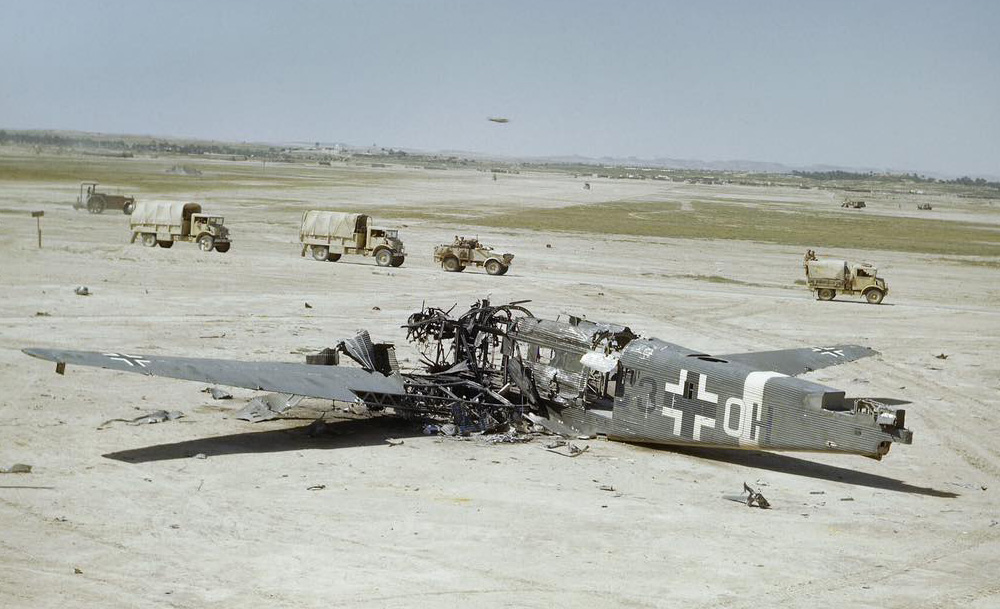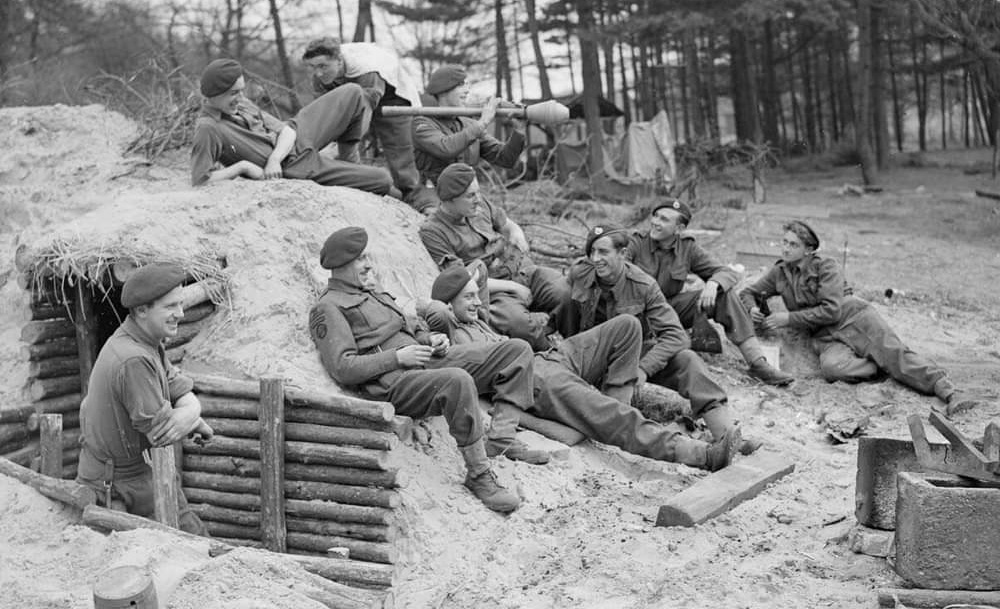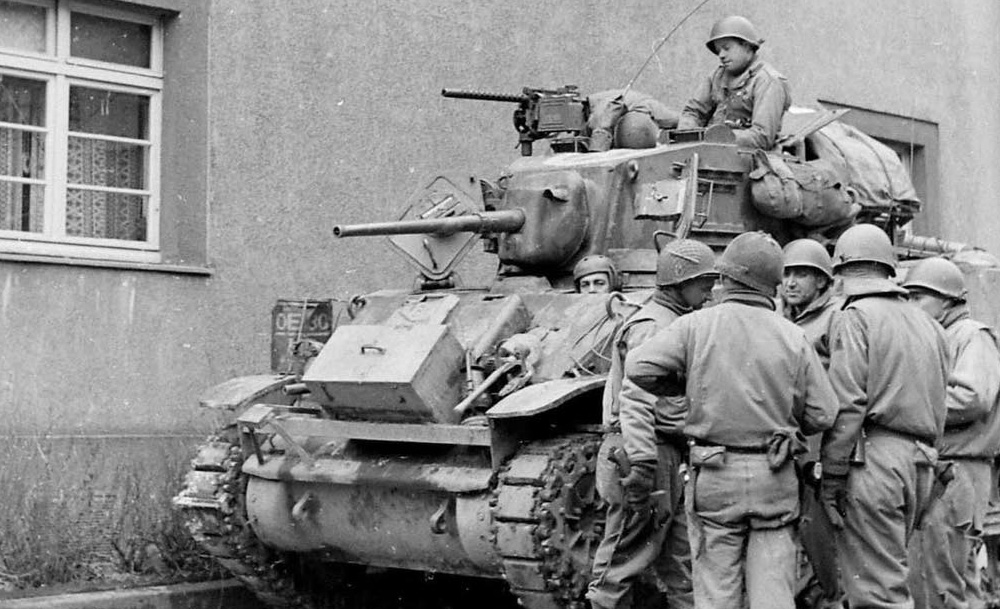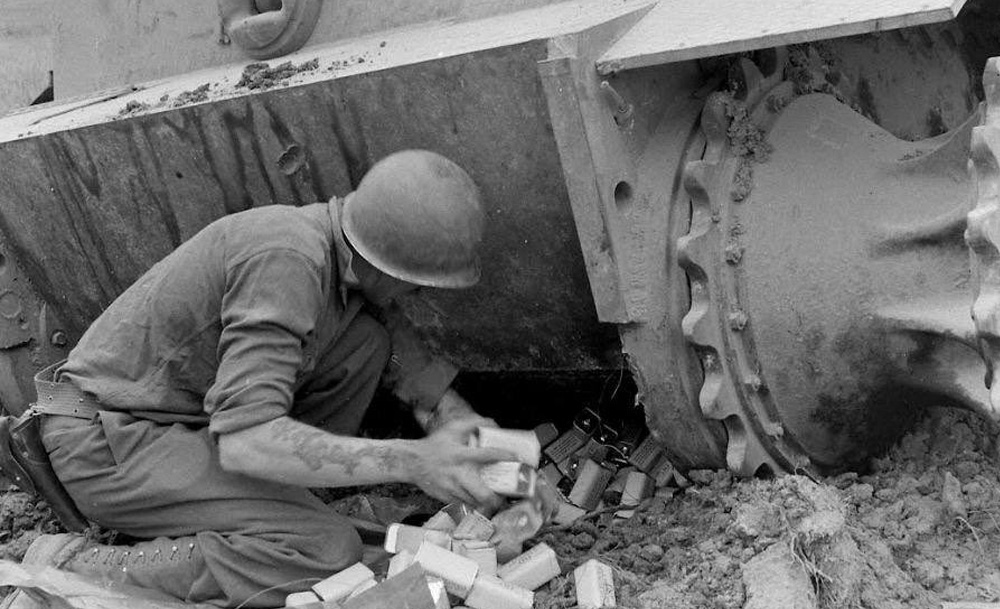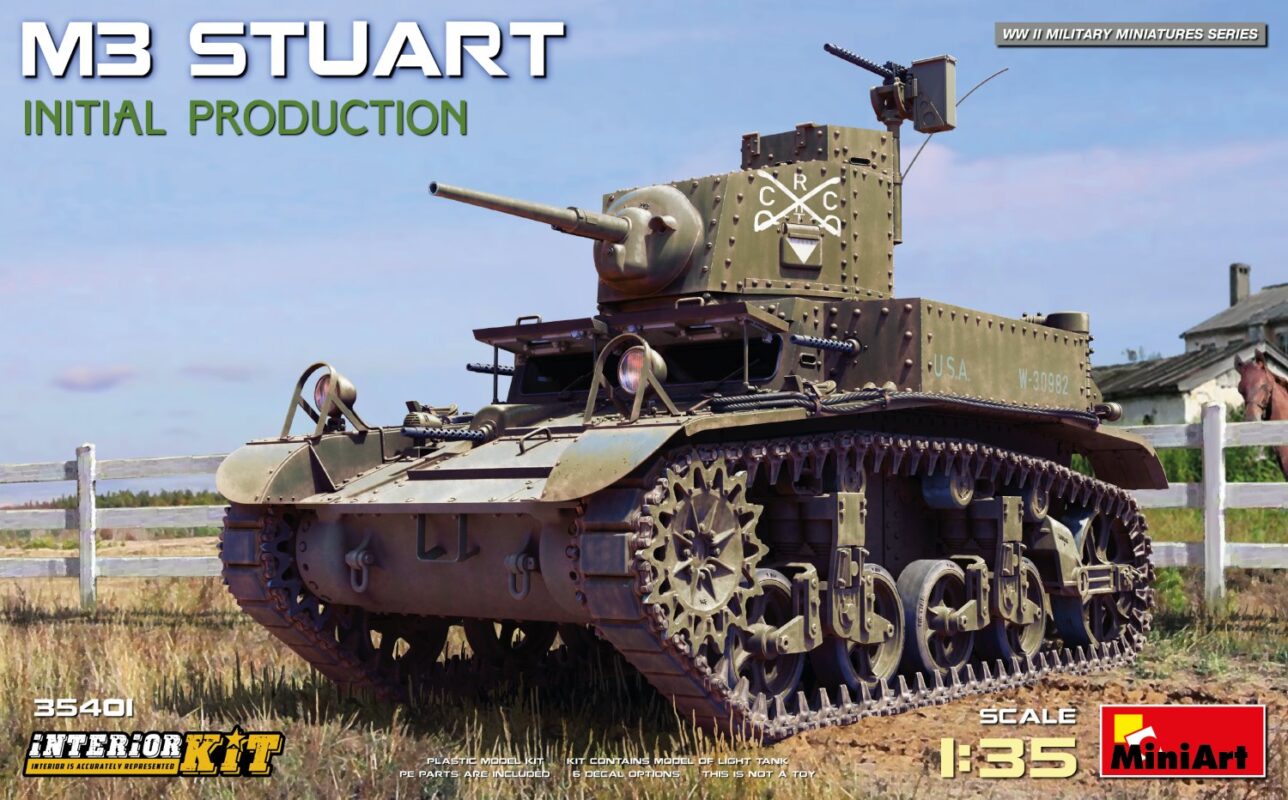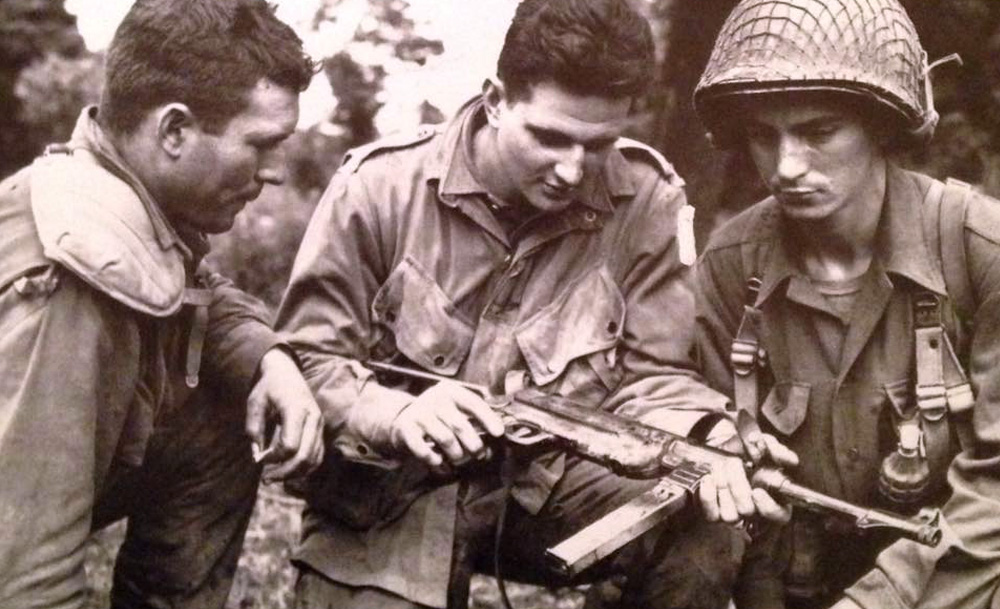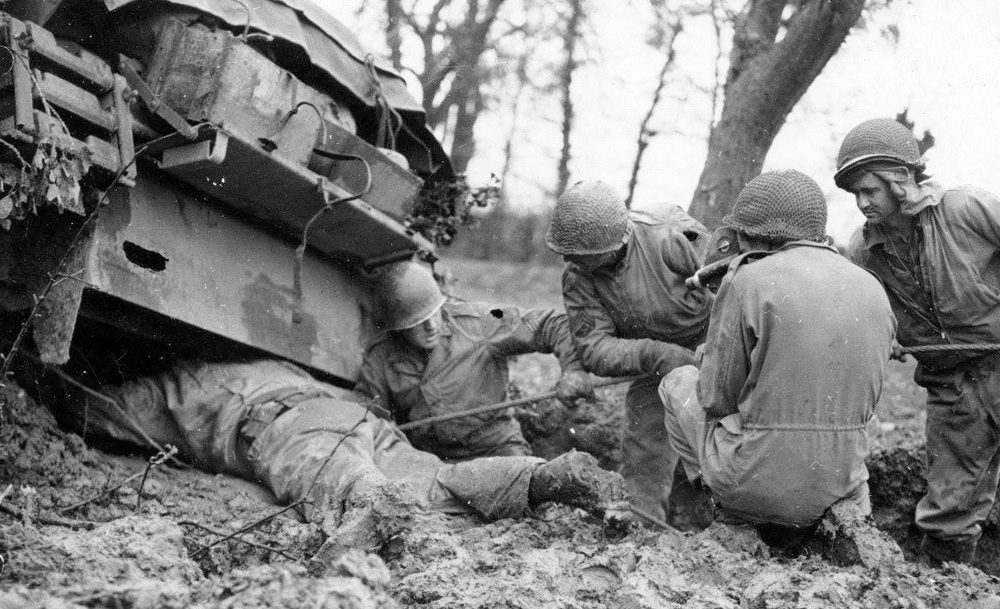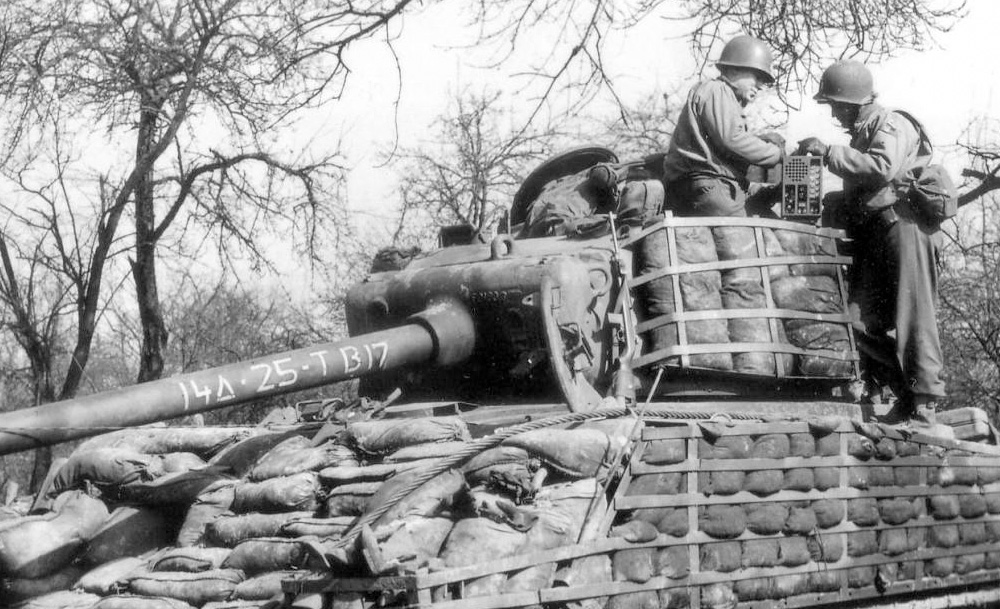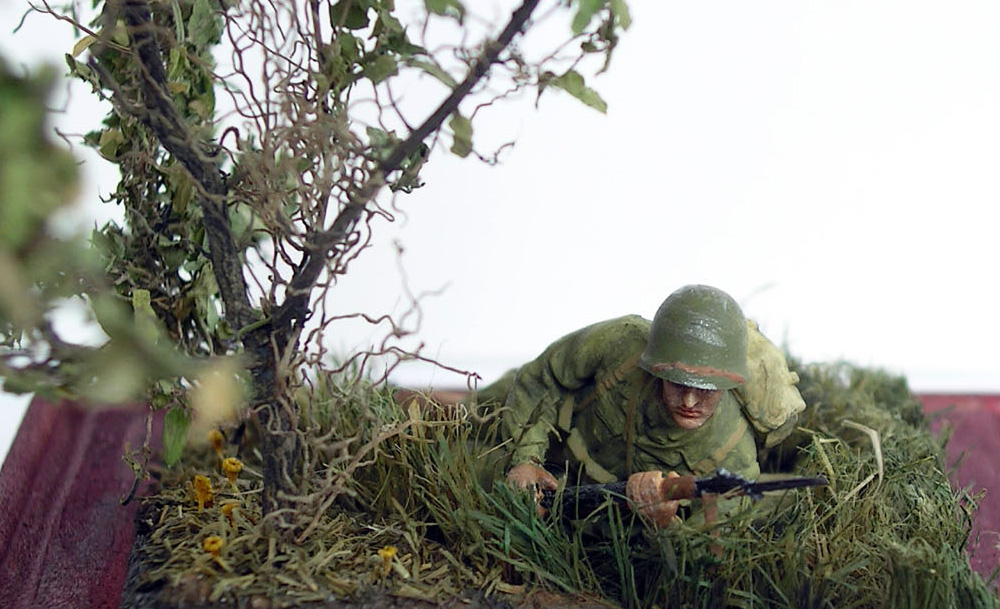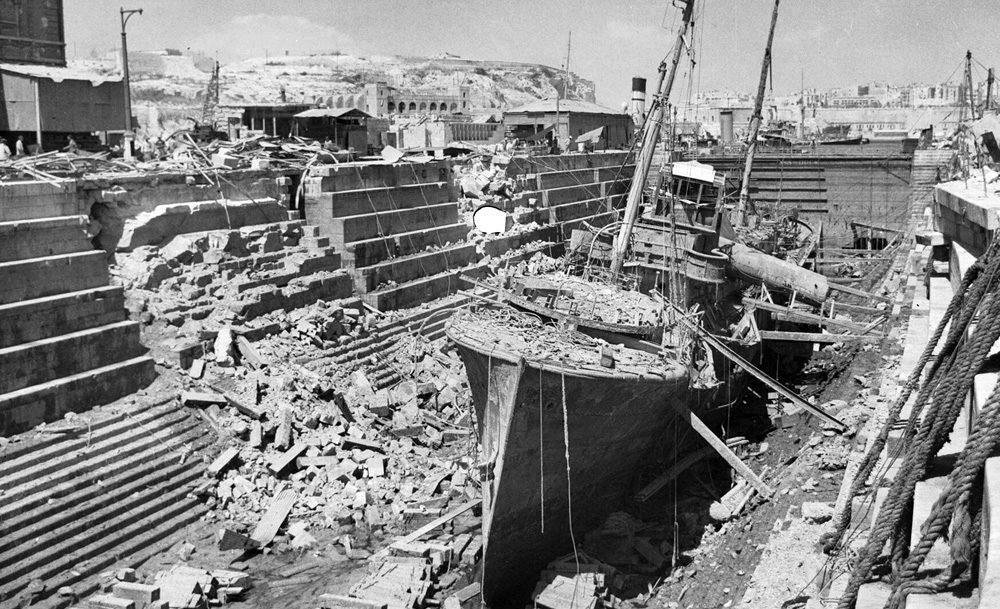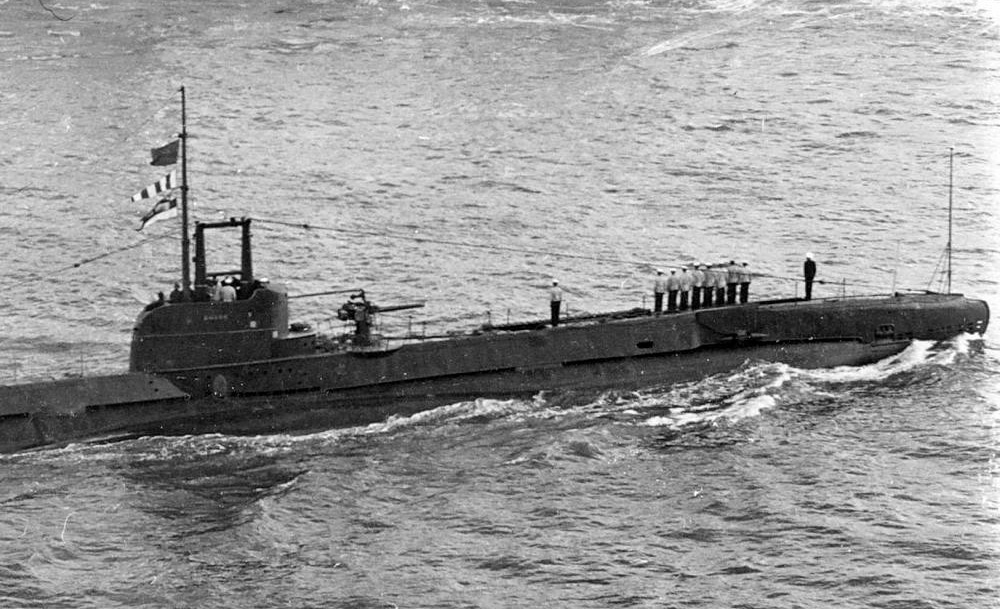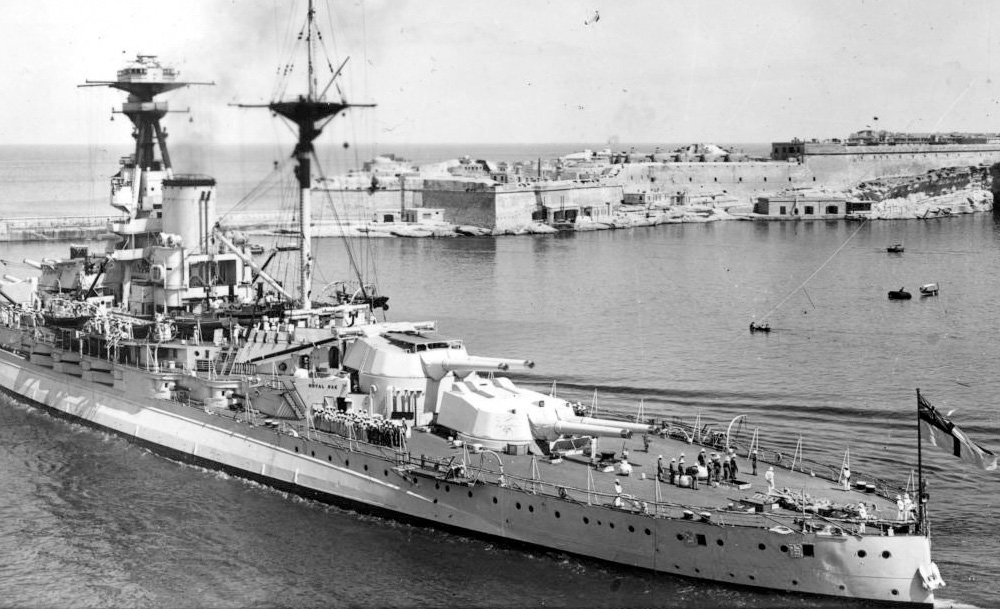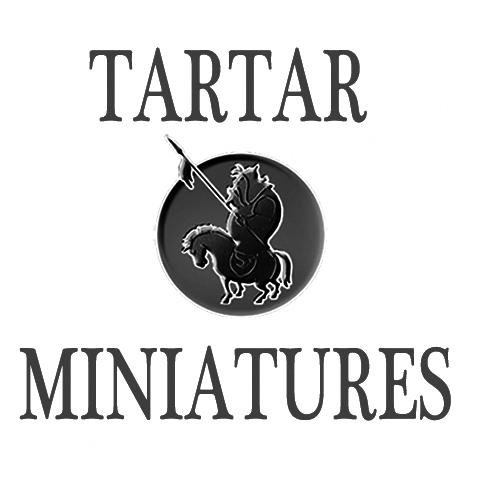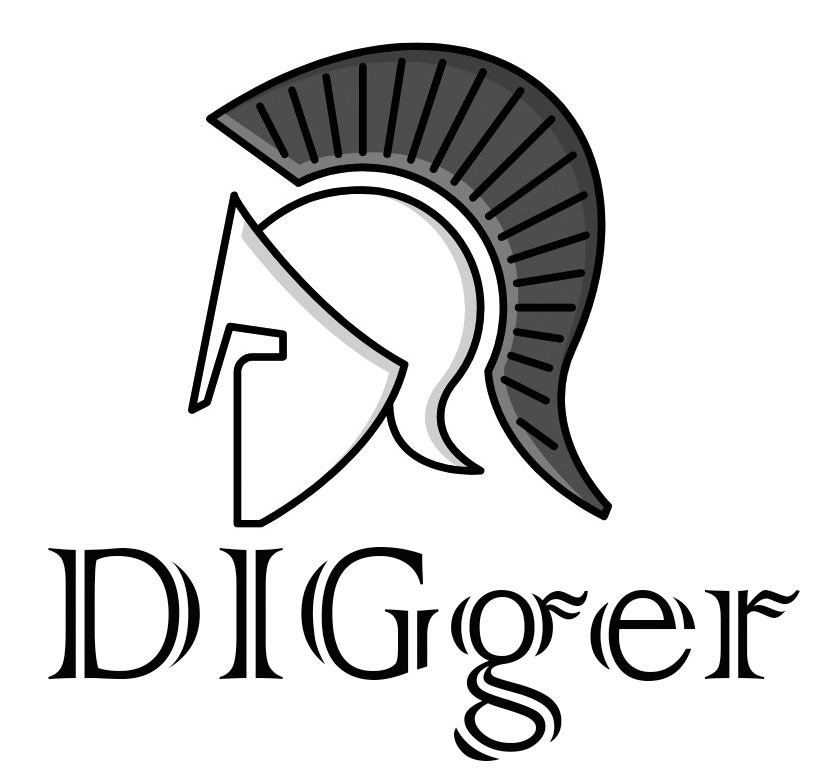Sir Winston Churchill (1874–1965) was a British statesman, military leader, and orator who played a crucial role in the United Kingdom’s history, particularly during World War II. Here’s a brief overview:
- Early Life: Winston Leonard Spencer Churchill was born on November 30, 1874, into the aristocratic family of the Dukes of Marlborough. He had a privileged upbringing and attended the Royal Military Academy Sandhurst.
- Military Career: Churchill served as an officer in the British Army and later as a war correspondent. His experiences in conflicts like the Boer War provided valuable insights that would influence his political career.
- Political Career: Churchill entered politics and became a Member of Parliament (MP) in 1900. He held various government positions, including First Lord of the Admiralty, but faced both successes and setbacks in his early political career.
- World War I: During World War I, Churchill served as First Lord of the Admiralty but faced criticism for the Gallipoli Campaign. He briefly served on the Western Front before returning to politics.
- Period in the Political Wilderness: Churchill experienced a period of political isolation during the 1930s. He warned about the rising threat of Nazi Germany, but his views were not widely heeded.
- Prime Minister During World War II: Churchill’s leadership came to the forefront during World War II. In 1940, he became Prime Minister, leading the United Kingdom through the darkest days of the war. His speeches, including the famous “We shall fight on the beaches” address, inspired the nation.
- Coalition Government: Churchill formed a coalition government with leaders from various parties, including the Labour Party. He worked closely with Allied leaders, such as President Franklin D. Roosevelt and Premier Joseph Stalin, to strategize the war effort.
- Post-War Years: After the war, Churchill’s Conservative Party lost the 1945 election, but he returned to office as Prime Minister from 1951 to 1955. He continued to play a significant role in global politics during the early years of the Cold War.
- Nobel Prize: Churchill was awarded the Nobel Prize in Literature in 1953 for his mastery of historical and biographical description as well as for brilliant oratory in defending exalted human values.
- Legacy: Winston Churchill is widely regarded as one of the greatest leaders in British history. His speeches, writings, and leadership during critical periods, especially during World War II, have left an indelible mark on the world.
Winston Churchill passed away on January 24, 1965, leaving behind a legacy of leadership, resilience, and eloquence that continues to be celebrated worldwide.
Photo: While recovering from an attack of pneumonia while in Africa, Churchill gets a Christmas day visit from Generals Eisenhower and Alexander.
Date: December 25, 1943.
If you know more info about this photograph, please mention it in the comments.

